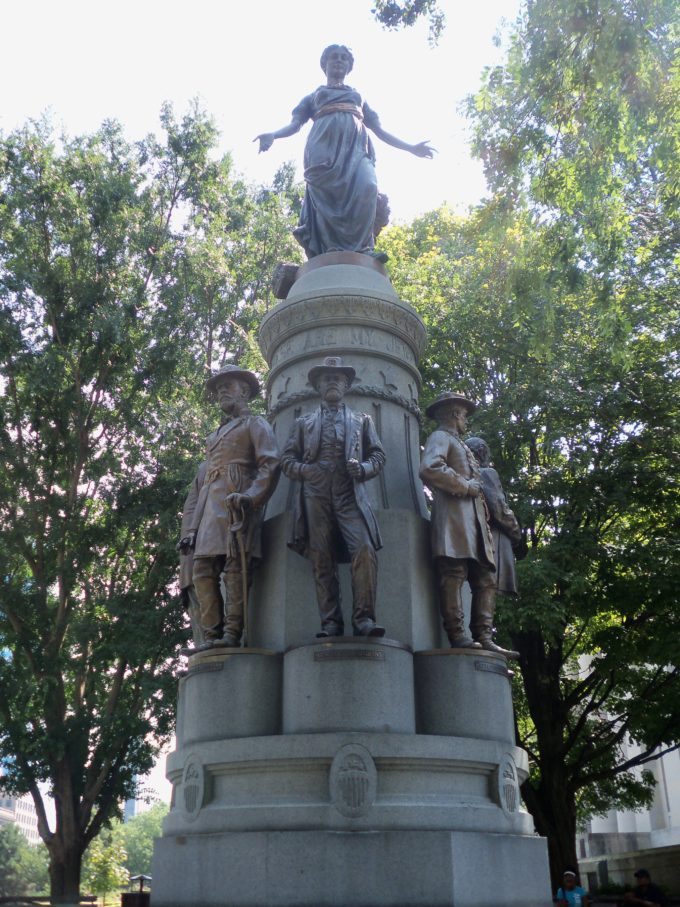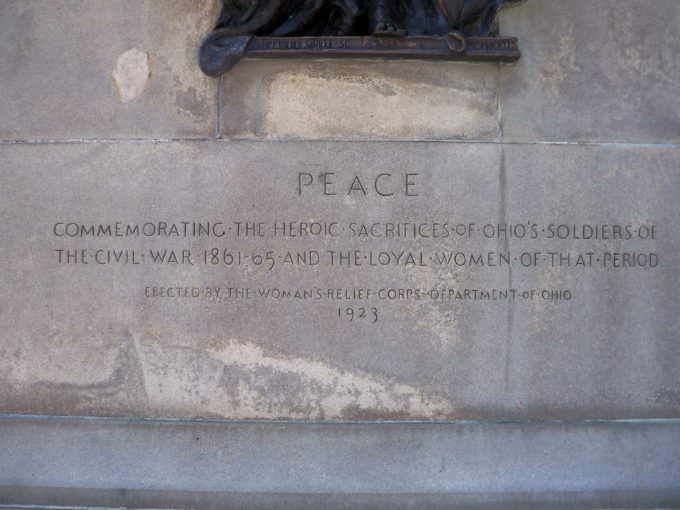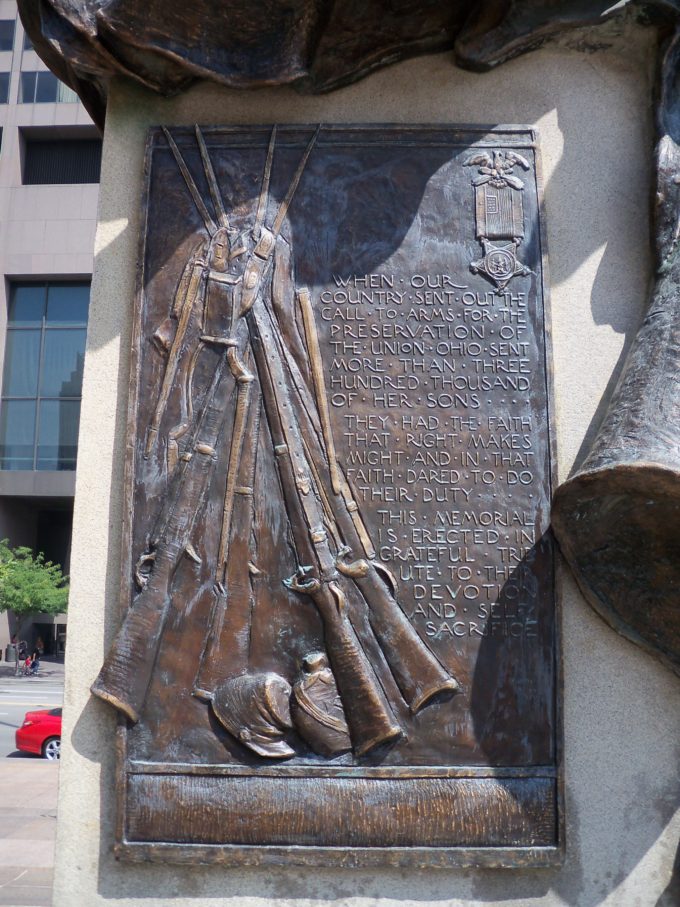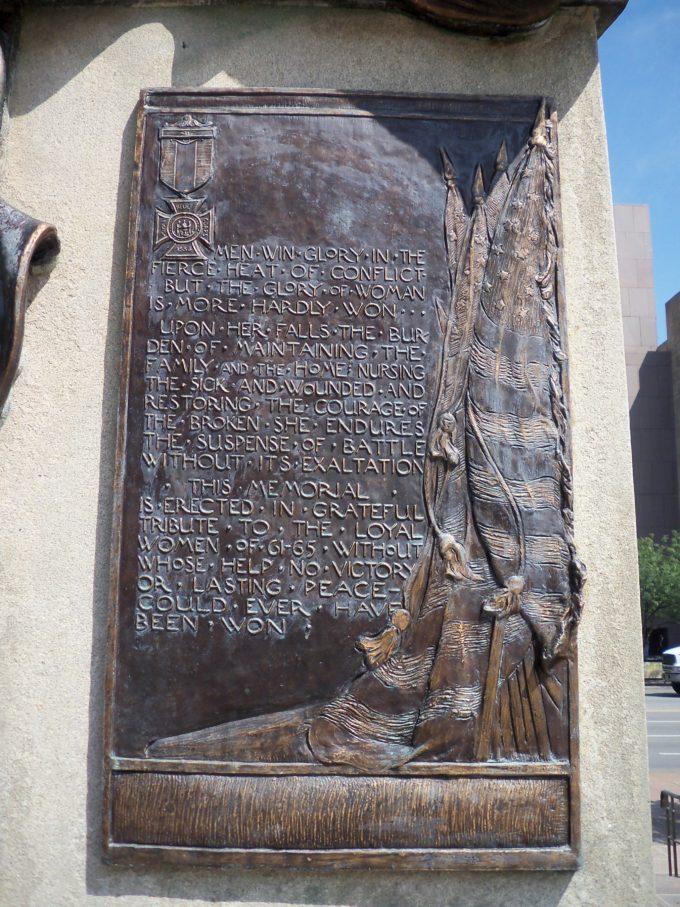
Saturday, 7 December 2019
And above all things have fervent love for one another, for “love will cover a multitude of sins.” 1 Peter 4:8
Peter now cites the same verse from Proverbs that James cited –
“…let him know that he who turns a sinner from the error of his way will save a soul from death and cover a multitude of sins.” James 5:20
Both of them have turned to Proverbs 10:12, cited here, to make their points –
“Hatred stirs up strife,
But love covers all sins.”
Knowing the source of his thought is right in order to understand what is on his mind. Peter then begins the thought with “And above all things.” It is an obvious expression which means, “What is most important of all,” or “What is of primary importance.” Without this understanding, there will be a void, or a lack, in everything else that he has instructed. And in the immediate sense, it refers to the words of the previous verse where he said to “be serious and watchful in your prayers.”
From there, he states what is of primary importance. It is to “have fervent love for one another.” The word signifies “fully extended.” If one were to think of a rope which is fully taut, that rope is meeting its maximum potential. This is the idea here. It is intense, constant, and a fully zealous love. This is what is to be displayed between believers, and it is because “love will cover a multitude of sins.”
As this is cited by both James and Peter, it needs careful attention. Are they speaking of forgiveness of sins by God which are then covered, or are they simply speaking of sins which are forgotten by the parties involved?
The safest interpretation is that this is speaking of the sinner’s life being saved from death, and the sinner’s sins being those referred to. This would be in line with, for example, Ananias and Sapphira in Acts 5.
They sinned and died because of it. The passage concerning Ananias and Sapphira form a descriptive example of what could happen to those caught in sin. They strayed from the path and they died because of it.
The covering of the sinner’s sins is another matter. In Christ, there is a one-time for all time judicial atonement of sin. If James was referring to a non-believer, then his words refer to that. However, taken in connection with Peter’s words, which are certainly speaking of believers, it appears that the covering of the sins is not speaking of forgiveness by God in Christ, but by the overlooking of the sins of the sinner. They are covered and forgotten.
As an example: Mark begins drinking heavily. Alan intervenes and corrects Mark’s way of life. Mark is saved from death, maybe from driving while intoxicated, or maybe from alcohol poisoning – whatever. In the process, his sins are covered (forgotten) by those who see his life-change. His marriage is saved, his job keeps him on, etc. He is brought to a whole state once again.
Further, a multitude of sins which otherwise would have been committed, as he continued down his wayward path, have been averted. They have been covered by the change in his course. And this was because of the love of one for another. Thus, the loving act saved his soul from death and covered a multitude of his sins.
Life application: A strong and forgiving love is the truest sign of a Christian as we learn from Jesus’ words –
“A new commandment I give to you, that you love one another; as I have loved you, that you also love one another. 35 By this all will know that you are My disciples, if you have love for one another.” John 13:34, 35
Although Jesus was speaking to His apostles, the words are directed to all faithful believers who come after them as well. When a brother sins against you and repents, you are obligated to forgive him of his offense. This is the model in every instance in the Bible. If they fail to repent, then you are to forgive them potentially and hand it over to the Father for Him to deal with.
By these actions, you “cover a multitude of sins” in the forgiving process. Once forgiven, the account is clear, and you can go on in the grace of the Lord. Think this through clearly and have peace with yourself, with your fellow Christian, and also in the arms of Christ.
Lord, You know the offenses committed against us and how upset they have made us. You also know the offenses we have committed against You. Their weight is far higher than what we have endured. This is certain. So, Lord, give us hearts willing to forgive when forgiveness is due, so that we won’t be outside of Your will and direction for our lives. Amen.




